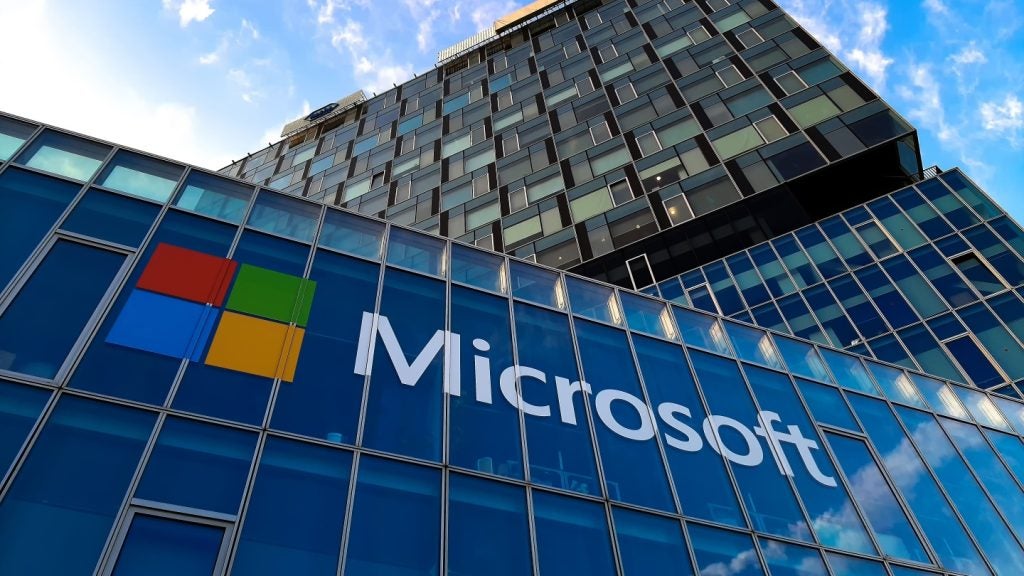
Cloud gaming is currently less than 1% of the global video games market in terms of revenue but will make up 7% by 2030. In ten years, traditional PC and console games will have been replaced by games hosted in the cloud and accessed via thin-client PCs, consoles, or mobiles. This has the potential to disrupt how games are distributed, consumed, and monetised.
Regulatory Trends
Listed below are the key regulatory trends impacting the cloud gaming theme, as identified by GlobalData.
Data privacy
Internet users often give away their personal data without actively consenting to do so. The European Union’s (EU) General Data Protection Regulation (GDPR) mandates that a company process data for legitimate purposes specified explicitly to the data subject when collected, effectively forcing firms to ask for permission to record and store user data. This directly impacts the machine learning algorithms commonly used by cloud gaming services to personalise content, offers, and advertising, as these cannot function without the requisite data being collected. Thus, cloud gaming providers will have to keep compliance risks and data privacy regulations in mind in the coming years. Similar risks are also emerging in the US, Japan, and India.
Net neutrality and cloud gaming
In 2019, Sandvine, a networking equipment company, reported that YouTube and Netflix account for 12.6% and 8.7%, respectively, of the total downstream volume of traffic across the entire internet. This means that they clog up broadband networks but do not pay the full commercial cost of the bandwidth they consume because of net neutrality rules. Net neutrality prohibits internet service providers from unfairly restricting access to internet content or charging extra for high speed access. In 2018, the US officially repealed net neutrality laws, opening up the possibility that cloud gaming providers could be charged commercial rates for their internet bandwidth use.
The repeal of net neutrality in the US risks shifting the balance of power across the internet value chain from internet companies, like Google and Microsoft, to internet service providers (ISPs) such as AT&T, Verizon, and Comcast. ISPs could be allowed to charge commercial rates to gaming companies that clog up their networks. Cloud gaming providers, in turn, may have to pay higher internet bandwidth charges. Meanwhile, regulators in Europe, Canada, and India are strengthening net neutrality laws.
This is an edited extract from the Cloud Gaming – Thematic Research report produced by GlobalData Thematic Research.
How well do you really know your competitors?
Access the most comprehensive Company Profiles on the market, powered by GlobalData. Save hours of research. Gain competitive edge.

Thank you!
Your download email will arrive shortly
Not ready to buy yet? Download a free sample
We are confident about the unique quality of our Company Profiles. However, we want you to make the most beneficial decision for your business, so we offer a free sample that you can download by submitting the below form
By GlobalData






Related Company Profiles
Microsoft Corp
Netflix Inc
Google LLC
Comcast Corp
Sandvine Corp